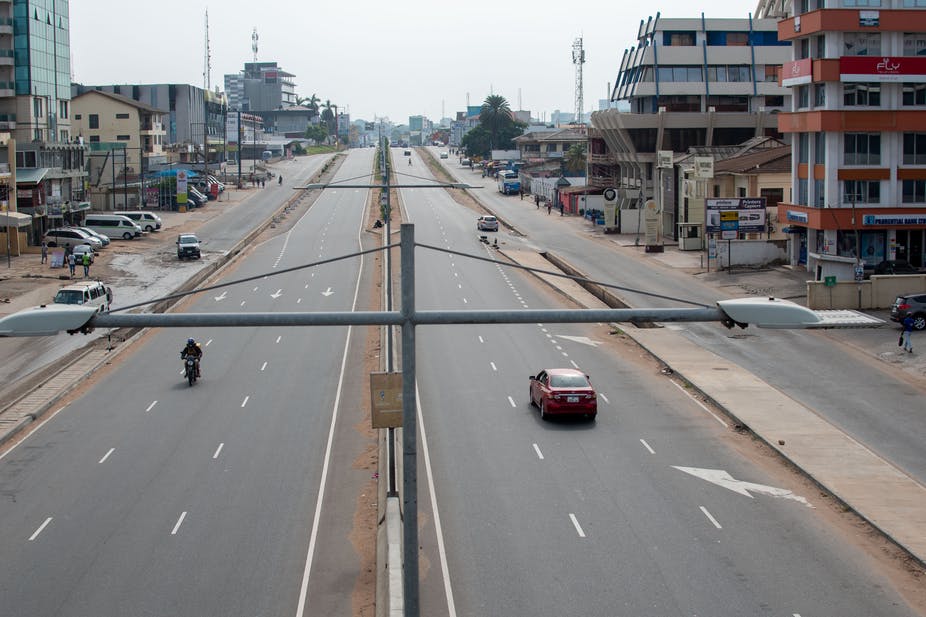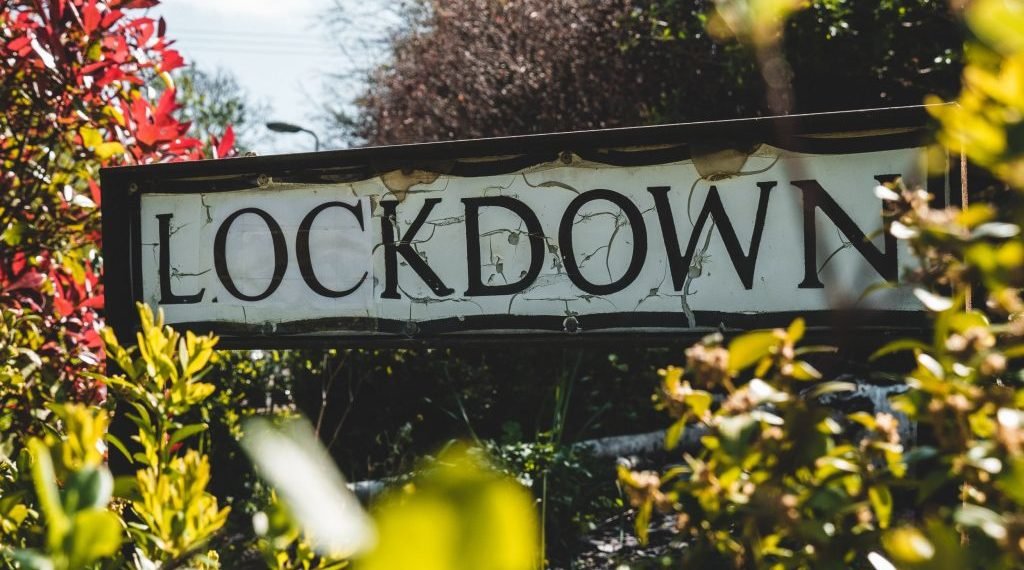The pattern of events that preceded the government’s decision to announce a nationwide lockdown last year, seem to be repeating itself this year as Covid-19 cases surge.
This has led institutions such as the Ghana Medical Association (GMA) and non-partisan pressure groups like Occupy Ghana to issue statements calling on the government to ban social gatherings (funerals, parties, church services, night clubs, etc.) and a subsequent lockdown till a significant drop in new cases is seen.
Already, the President of the Republic in his last address to the nation, hinted of a possible partial lockdown should the number of infections continue at the current rate.
“Our COVID-19 treatment centres have gone from having zero patients to now being full because of the upsurge in infections,” the president said. “At this current rate … our healthcare infrastructure will be overwhelmed.”
All of these events as listed above are exactly as occurred during the first wave of the pandemic. When the first two cases of the Covid-19 virus disease was confirmed on March 12, 2020, about two weeks later – March 30, 2020, a partial lockdown was imposed.
However, this was highly anticipated by market agents who had already begun making adjustments of market activities to that effect– increased spending on goods and services by households, panic withdrawals, panic buying, etc. in anticipation of a possible lockdown.
It is close to two weeks now, since the President’s last update on measures taken to combat Covid-19 virus.
However, looking at these pattern of events, market participants (businesses and consumers) are yet to adjust their expectations to reflect these likely actions that may be undertaken, unlike what happened in the previous wave of the pandemic, when market actors adjusted quickly to reflect such expectations.

Why a slow Adjustment of Market Expectations
The slow adjustment among market participants may be because of the novelty of the virus then, the increased fear of contracting the virus and the lack of prior knowledge about how people could cope when there was a lockdown. Thus, individuals are not in oblivion of what to do supposing that a lockdown is imposed again.
Also, considering people’s livelihoods may be affected during a lockdown, market agents want to maximize their benefits within this space of time till it finally becomes necessary for the government to impose such a restriction.
Impact of another possible lockdown
Another lockdown in the same scale and manner as was imposed during the first wave may be more devastating for households and businesses than previously. Since, some households and businesses are still experiencing the ‘heat’ from the previous lockdown- exacerbating the already high unemployment levels, collapse of more businesses, drastic decline or non-payment of wages to workers, increased poverty and vulnerability to poverty.
According to the 2020 Ghana Statistical Service (GSS) COVID-19 Business Tracker Survey results, 770,000 workers had their wages reduced and 42,000 workers were laid-off during Ghana’s COVID-19 partial lockdown. Also, about 85,000 businesses were reported to have decided to close down operations.
Considering the foregoing, should there be such a lockdown, the country risks placing several households and businesses in danger. Yet, this could be avoided if the government improves on its current testing ability, and ensures strict adherence of the protocols.
Should there be the need for a lockdown, it must be implemented differently. The government must look for other alternatives to implement them that will be more accommodating for businesses and households.




















